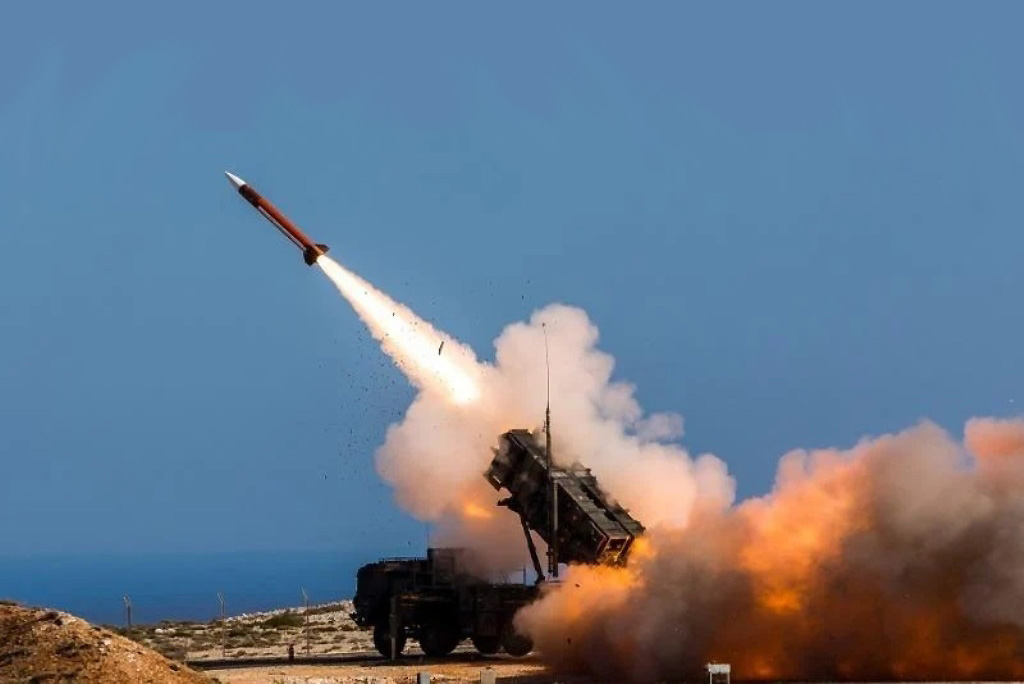Overview of Recent Developments in Qatar and Israel Relations
The ongoing tensions and military operations in the Middle East continue to shape diplomatic relations, particularly concerning the United States, Israel, and Qatar. The recent Israeli strike in Qatar has amplified regional sensitivities and drawn statements of concern from various international officials.
U.S. Response to the Attack
White House spokesperson Karoline Leavitt emphasized President Biden’s recognition of Qatar as a vital partner of the United States. Following the recent strike, she expressed profound regret regarding the incident, confirming that the President assured Qatari officials that such actions would not recur on their territory. Leavitt classified it as an “unfortunate incident,” reflecting the delicate state of diplomatic relations.
- Communication with Qatar: The U.S. administration has reiterated its commitment to maintaining its alliance with Qatar amid ongoing tensions.
- Context: The strike occurred while discussions were underway regarding a potential ceasefire in the Gaza Strip, complicating peace efforts.
The Strike: Implications for Peace Negotiations
Israeli forces executed a targeted operation aimed at Hamas leadership in Doha, coinciding with U.S. proposals for de-escalation in hostilities between Israel and Hamas. Notably, a U.S. official has clarified that American forces did not partake in this airstrike, which poses a risk of undermining ongoing peace negotiations aimed at resolving the conflict and securing the release of hostages taken during Hamas’s October 7 terror attacks.
- Casualties: Hamas reported the death of five of its members and a Qatari security officer, with claims that senior leadership survived the assault.
- Hostage Situation: Approximately 50 hostages remain held by Hamas in Gaza, with uncertainty surrounding the well-being of those individuals.
Regional Reactions and International Context
Qatar, which has provided a base for Hamas’s political operations since 2012, condemned the airstrike, labeling it a “flagrant violation of all international laws and norms.” The incident has escalated tensions, drawing criticism not only from Qatari officials but also from European leaders.
- European Condemnation: German Foreign Minister Johann Wadephul condemned the strike as an infringement on Qatar’s sovereignty, which jeopardizes international efforts to negotiate the release of hostages.
Broader Implications for the Conflict
The larger context of these developments includes Israel’s stated objective of dismantling Hamas following the group’s substantial assault, which resulted in approximately 1,200 fatalities and the abduction of around 250 individuals, including U.S. citizens. In retaliation, Israel’s military operations in Gaza have reportedly caused significant civilian casualties, with Hamas-controlled health organizations estimating tens of thousands dead, including many women and children.
- Israel’s Stance: Israel remains resolute in its campaign against Hamas, asserting that the civilian death toll includes a significant number of Hamas combatants.
Conclusion
The recent Israeli strike in Qatar underscores the increasingly complex geopolitical landscape in the Middle East. As the U.S. navigates its strategic partnerships while striving for peace, the actions of regional players will significantly influence the trajectory of diplomatic negotiations and humanitarian efforts in the region. The delicate balance between operational military objectives and international diplomacy remains a focal point for all involved parties.





